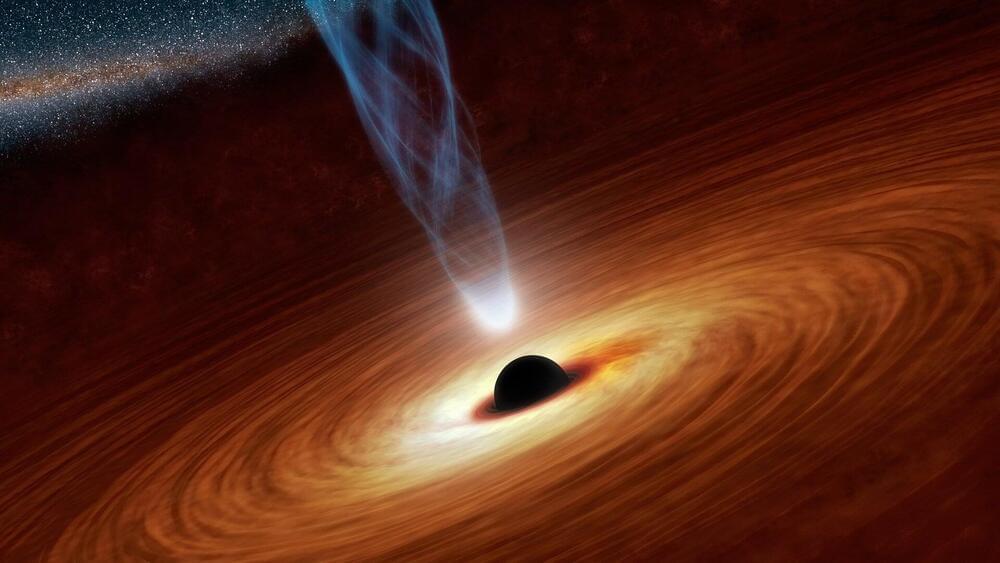In 2015, the LIGO/Virgo experiment, a large-scale research effort based at two observatories in the United States, led to the first direct observation of gravitational waves. This important milestone has since prompted physicists worldwide to devise new theoretical descriptions for the dynamics of blackholes, building on the data collected by the LIGO/Virgo collaboration.
Researchers at Uppsala University, University of Oxford, and Université de Mons recently set out to explain the dynamics of Kerr black holes, theoretically predicted black holes that rotate at a constant rate, using theory of massive high-spin particles. Their paper, published in Physical Review Letters, specifically proposes that the dynamics of these rotating black holes is constrained by the principle of gauge symmetry, which suggests that some changes of parameters of a physical system would have no measurable effect.
“We pursued a connection between rotating Kerr black holes and massive higher-spin particles,” Henrik Johansson, co-author of the paper, told Phys.org. “In other words, we modeled the black hole as a spinning fundamental particle, similar to how the electron is treated in quantum electrodynamics.”
